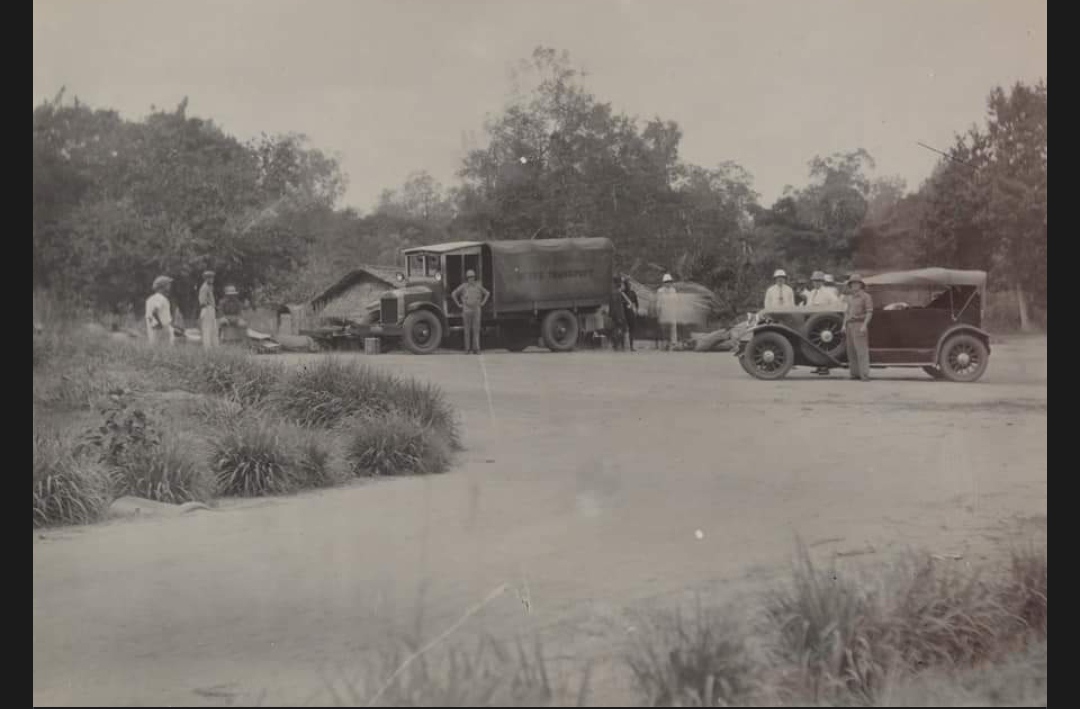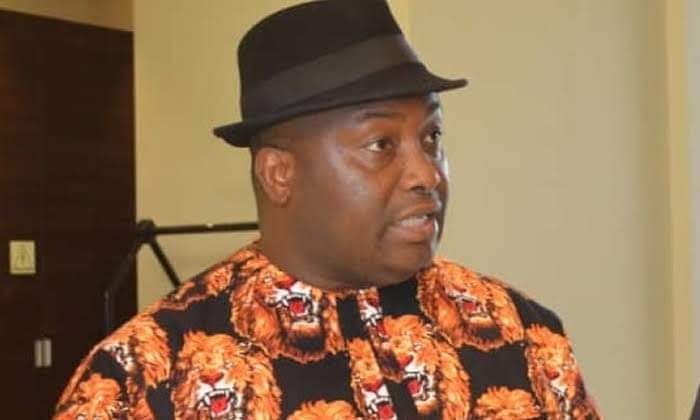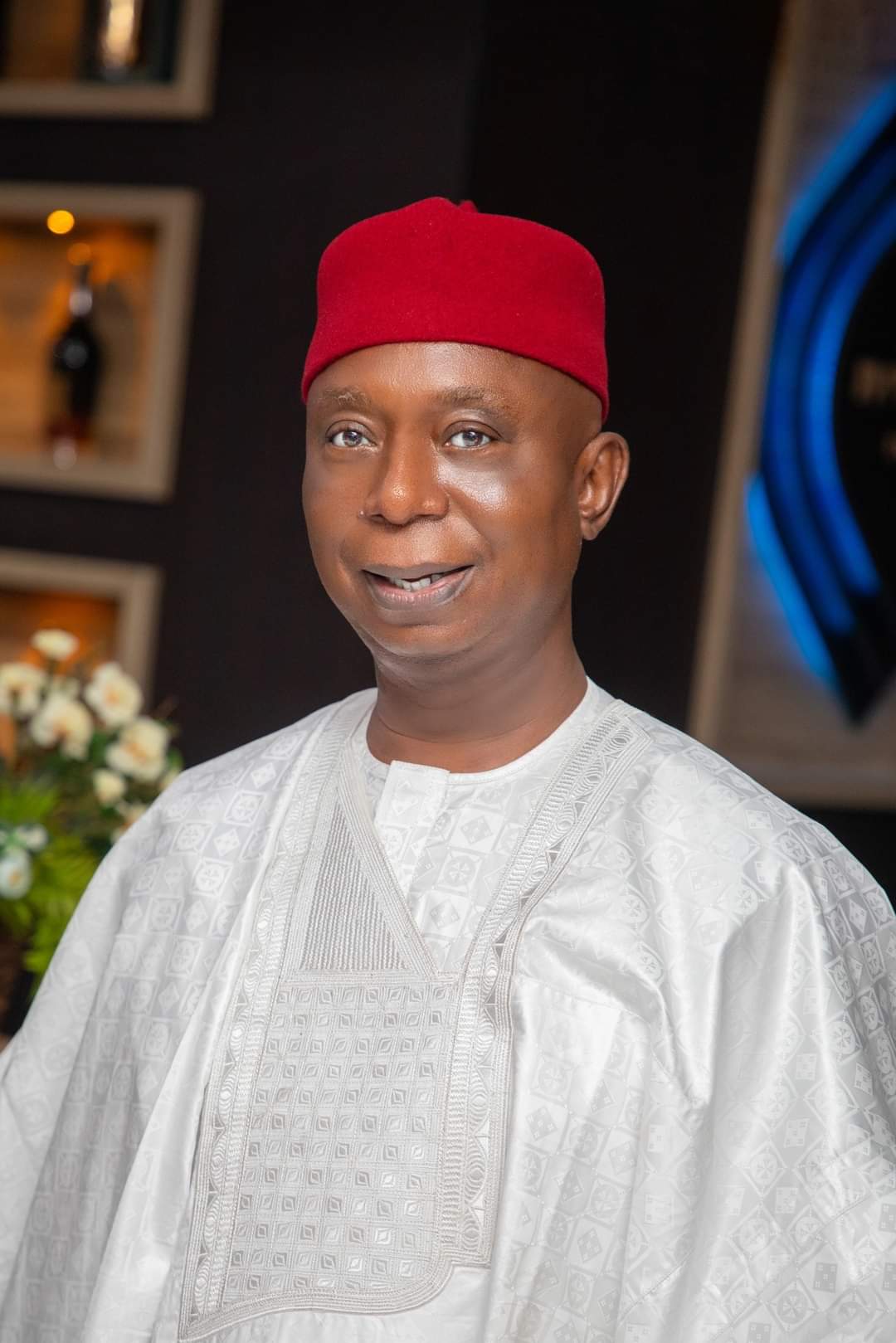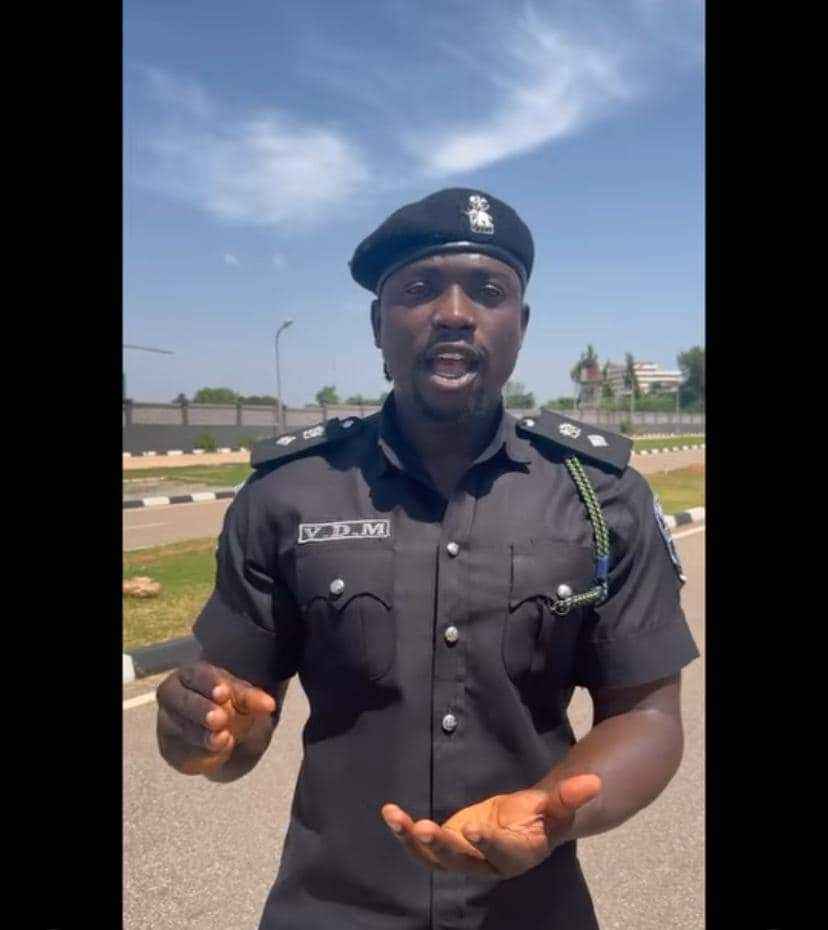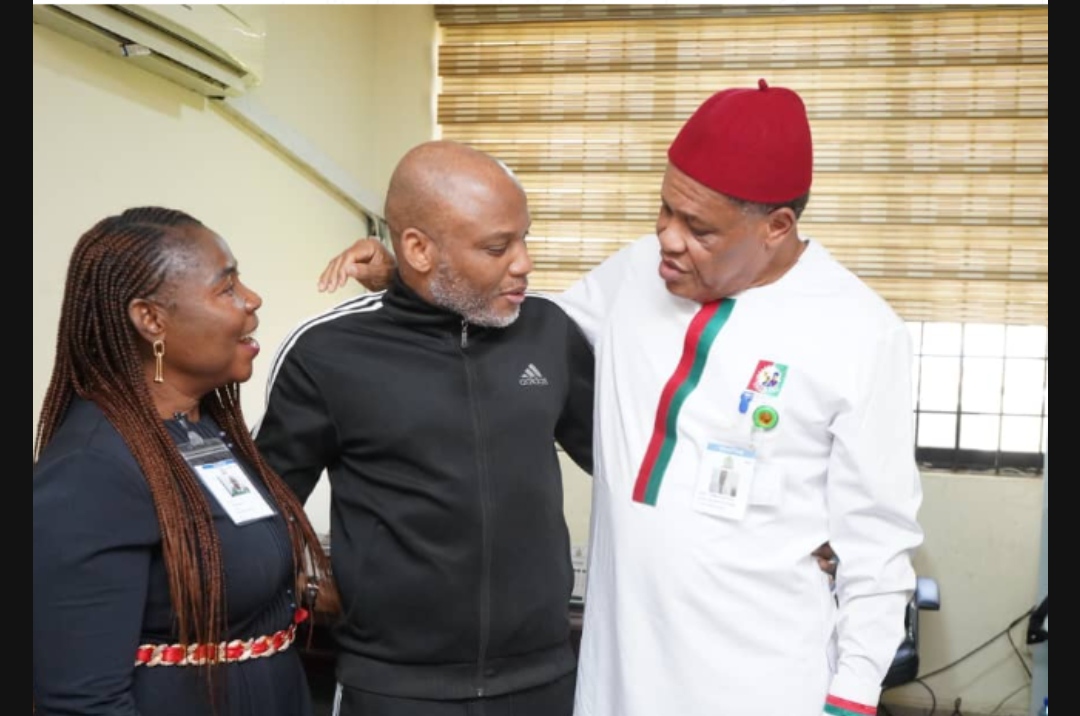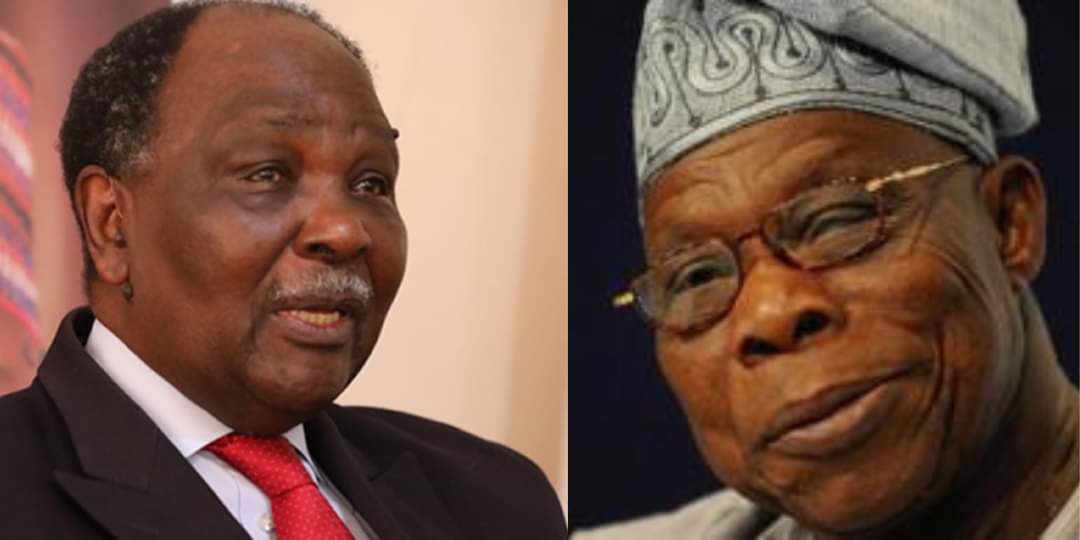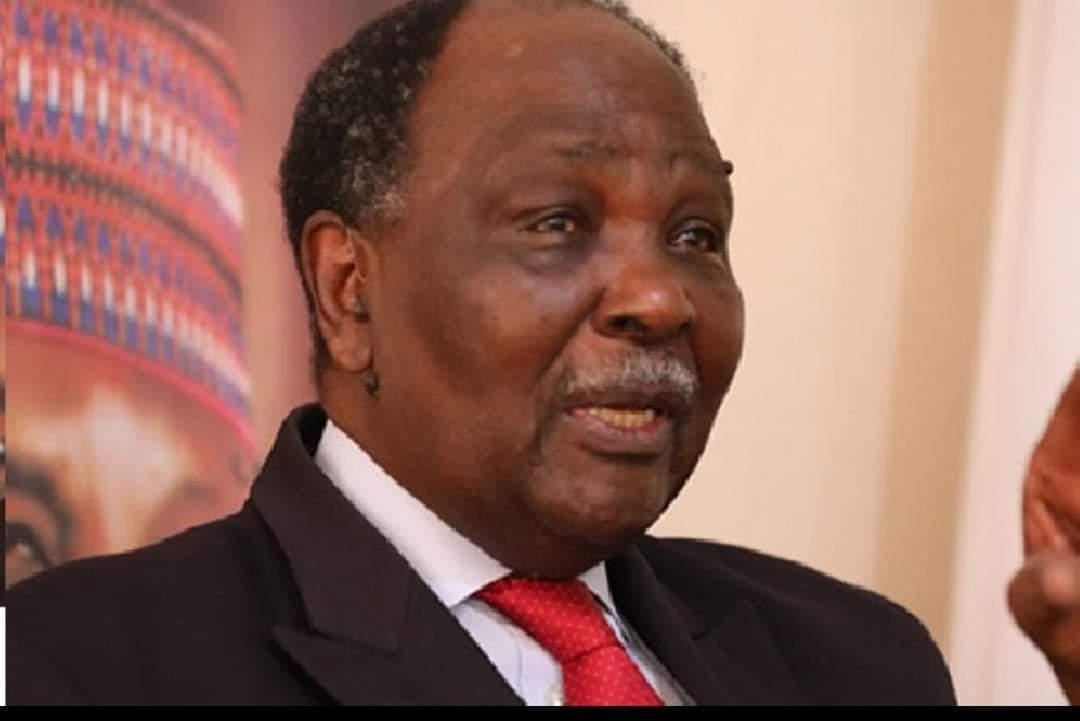The story of a white man, dragged off his bicycle and killed while riding through Igbo land, has been passed down in various forms, most notably referenced in Chinua Achebe’s Things Fall Apart. This tragic event involves Dr. Stewart, a British doctor who was mistaken for another colonial officer during a period of growing resistance to British rule in southeastern Nigeria.
The Incident in Mbaise (November 1905)
In November 1905, Dr. Stewart, in an attempt to catch up with a convoy of British colonial troops traveling from Owerri to Calabar, embarked on a bicycle journey through Mbaise. Unfortunately, his ride ended in tragedy. Mistaken for Harold M. Douglas, the first District Commissioner of the newly established Owerri District, Dr. Stewart was captured by the local Igbo people. They paraded him through several areas, eventually taking him to the Afo market in Onicha Amairi, where he was killed. His body was never recovered.
Mistaken Identity: Dr. Stewart vs. H.M. Douglas
Dr. Stewart’s death was a direct consequence of being misidentified as Harold M. Douglas. Douglas was notorious in both oral tradition and official colonial records for his ruthlessness. As District Commissioner, Douglas was deeply involved in the British colonial administration’s infrastructure projects, particularly the construction of roads. These projects were often carried out using forced labor, which was sourced through Warrant Chiefs and local prisons. Douglas’ harsh treatment of the local population and his enforcement of forced labor created widespread resentment towards him and, by extension, other Europeans in the region.
Colonial Oppression and Hostility in Igbo Land
The resentment against British colonial officers like Douglas was fueled by the oppressive nature of colonial rule. Forced labor was commonplace, and roads, as well as later railways, were constructed using this coerced manpower. Prisoners were often treated as slaves and loaned out for private use. Minor offenses could land a person in prison, where they would be subjected to labor under inhumane conditions.
The British administration in southeastern Nigeria, including the Owerri area, was riddled with inefficiency, violence, and corruption. Untrained colonial officers were often stationed in remote areas with little oversight, and many took advantage of this lack of supervision. Violence was regularly employed to suppress local resistance to British imperialism, with native Warrant Chiefs playing a key role in enforcing colonial rule.
The Aftermath: The Ahiara Expedition (December 1905)
In response to Dr. Stewart’s killing, the British blamed the people of Ahiara, leading to the infamous Ahiara Expedition in December 1905. This punitive military campaign saw British forces unleash brutal retaliation on the Ahiara region. Entire villages were destroyed, lives were lost, and many Igbo people were taken as prisoners. The expedition left a lasting scar on the region, symbolizing the ruthlessness of British colonial rule.
Legacy of H.M. Douglas and Colonial Infrastructure
Despite his infamous reputation, H.M. Douglas left a physical legacy in Owerri. Douglas Road, the main thoroughfare in the city, as well as Douglas House, now the seat of the Imo State government, were both named in his honour. These landmarks serve as stark reminders of the colonial era’s brutal infrastructure projects, which were often constructed at great human cost.
The Igbo Spirit of Resistance
The killing of Dr. Stewart, although a tragic case of mistaken identity, highlights the deep-seated resistance of the Igbo people to oppression. For decades, the Igbo stood firm against British colonialism, using every means at their disposal to defend their land, culture, and dignity. From the 1880s through the 1920s, resistance persisted, despite the violent efforts of the colonial administration to quell it.
Moral of the Story
At its core, this story underscores a timeless truth about the Igbo people: they have always fiercely opposed oppression and continue to do so. Their history is a testament to resilience and the unyielding spirit of resistance. To ask the Igbo man to stop fighting injustice is to misunderstand his very essence—he will never stop.

